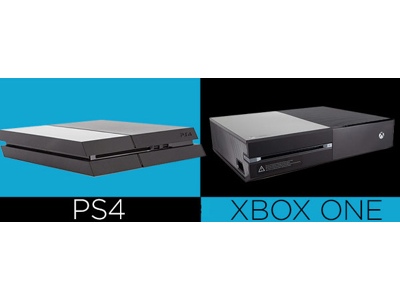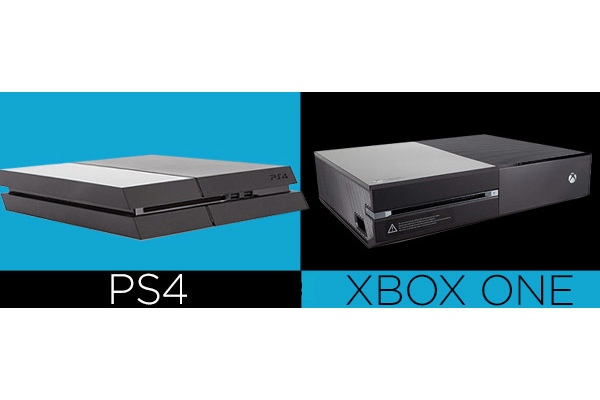Game Consoles May Cost $1 Billion in Electricity Yearly
The current generation of gaming consoles cost consumers $1 billion in power bills annually, $400 million of that in standby mode.


The latest generation of home gaming consoles uses so much power that the consoles may end up costing American consumers $1 billion dollars in electricity a year, according to a new report by a New York environmental group. Forty percent of that power — a whopping $400 million a year — may be consumed by consoles not being actively used, but instead left in standby mode.
The Natural Resources Defense Council said Microsoft's Xbox One is the biggest energy consumer of the three major current-generation consoles, followed by Sony's PlayStation 4 and Nintendo's Wii U.
More: Best Xbox One Games 2014
The Xbox One's dubious distinction is a result of its always-on standby mode, which is constantly listening for gamers' voice commands. The PlayStation 4 ranks second, the group says, due to its inefficient controller charging. (Both consoles are designed to be on all the time, but can be powered off.) Of the three major consoles, the Wii U was considered the most power-efficient.
Interestingly, the NRDC said in its report that the current-generation consoles use more power in standby mode and when playing movies than they do when playing games over the course of a year. That's because the overall amount of time spent in standby mode is much more than the time spent playing games.
What's more, the group says the game consoles use 30 to 45 times more power when playing videos than do dedicated streaming media devices such as Apple TV and Google Chromecast. It adds that the Xbox One and PS4 consume two to three times as much power than the Xbox 360 and PS3.
Game consoles have long been known to be power hogs, but the latest generation's reliance on standby features has resulted in a nearly three-fold increase in power consumption. Although the NRDC is asking console manufacturers to take steps to reduce their devices' power-sucking ways, the best solution may be to just unplug your gaming system when you're not using it. But make sure you've fully powered it off first.
Sign up to get the BEST of Tom's Guide direct to your inbox.
Get instant access to breaking news, the hottest reviews, great deals and helpful tips.
Dan Howley is a writer and editor whose work has appeared on Tom's Guide, Laptop Mag, CNN business, MSN, AOL, and more, covering smartphones, laptops, and wearables. He now works full time at Yahoo Finance, where he writes articles covering the tech and gaming industries. He lives in New York.
-
agentbb007 My xbox one is using about 18 watts in standby or $0.04 a day. No big deal for me :)Reply
Streaming netflix the xbox uses 74 watts, my apple tv uses 1.9 watts so I always stream using my apple tv. But even that is just saving pennies a day, the consoles are actually really energy efficient. -
Adroid Man I can't afford 1 billion a year in electrical to run a console! Good thing I game on PCs. I thought the 60$/game was expensive, sheesh!Reply -
bak0n you pay .06 a KW/h where you are? Must not live in Commiefornia where we pay close to a quarter a KW/h. Good thing I've got solar.Reply -
Quarkzquarkz It's called 'vampire' devices and believe it or not, we already waste close to a Billion dollars a year from routers, cable modems, and others that are constantly in the 'on' plugged in. This isn't ground breaking news and not many know about this either.Reply
Best advice? Before going to bed, just simply unplug them, and yes it is tedious and everyone is lazy including me to unplug, and re-plug them early in the morning. But that's the facts, jack~ -
SteelCity1981 this was worded wrong. it sounds like a game console would cost that much to run yearly. lolReply -
ocilfa Power hogs? lol Just turn off 3 or 4 light bulbs in your house to offset it, if your really that concerned.Reply -
baddad How do they know, where is the study that shows this and who cares it the consumers bill not theirs.Reply
-
shaun_shaun meanwhile what about the other electrical equipments like refrigerators, air-conditioners, televisions, washing machines... etc ???Reply
